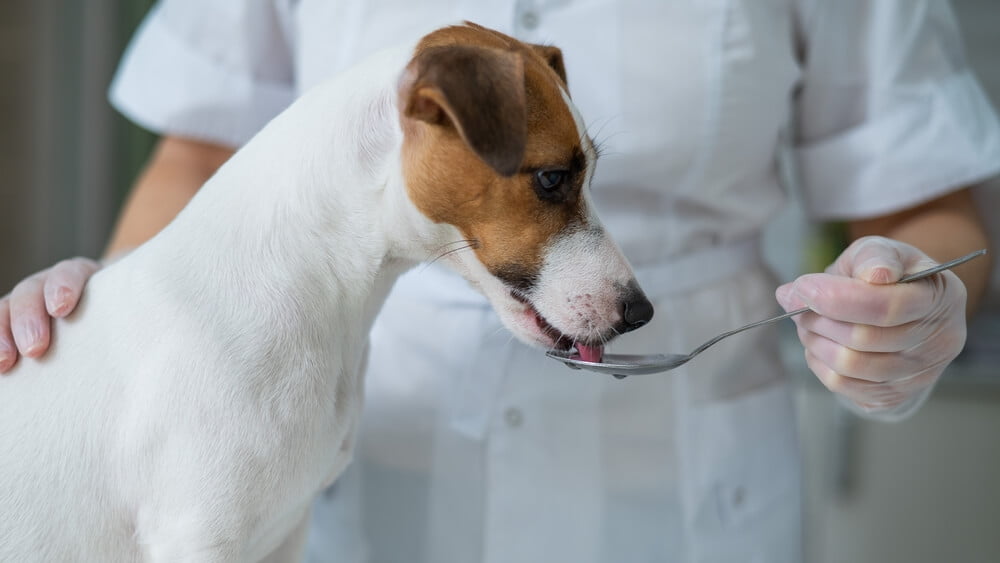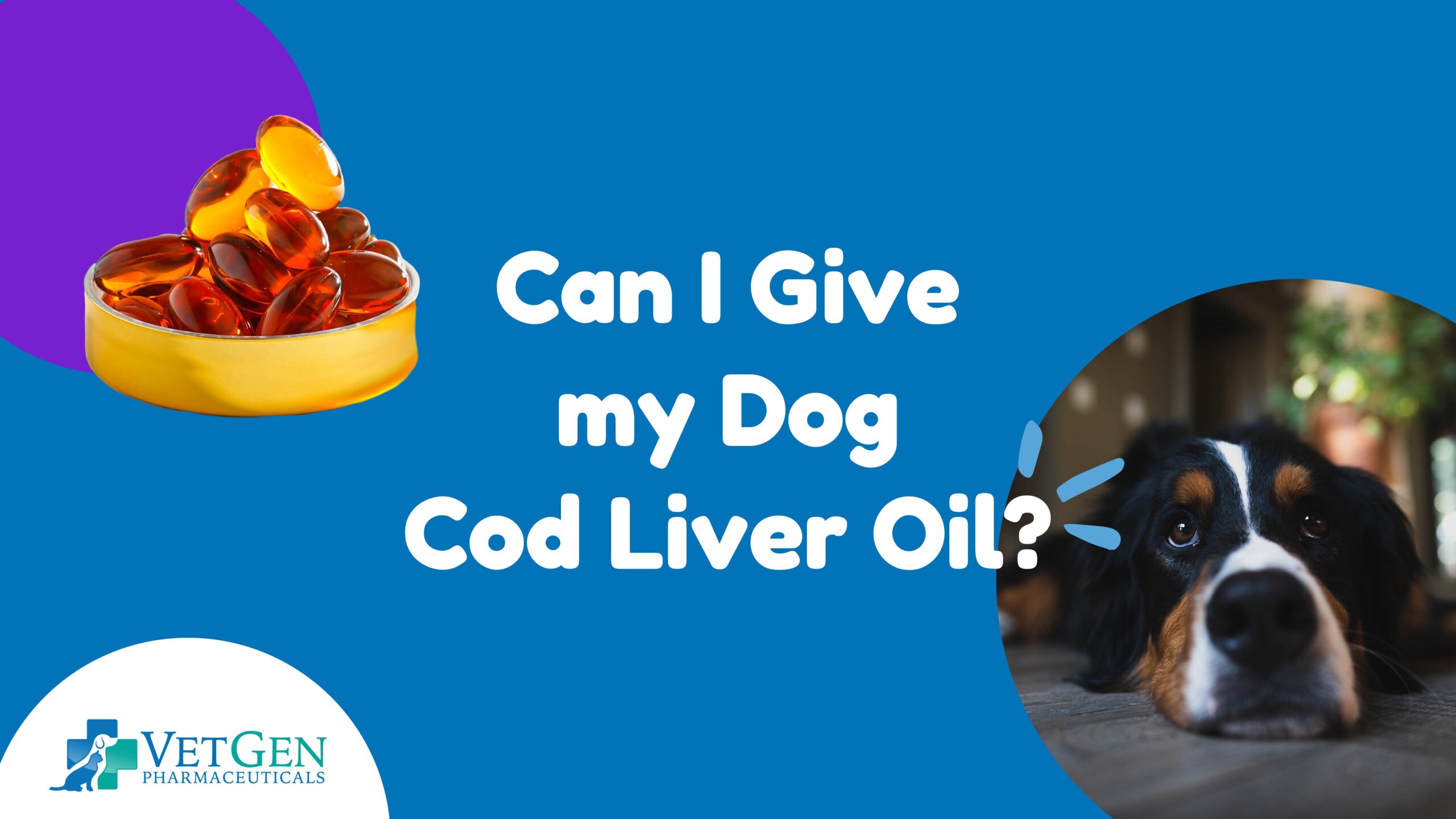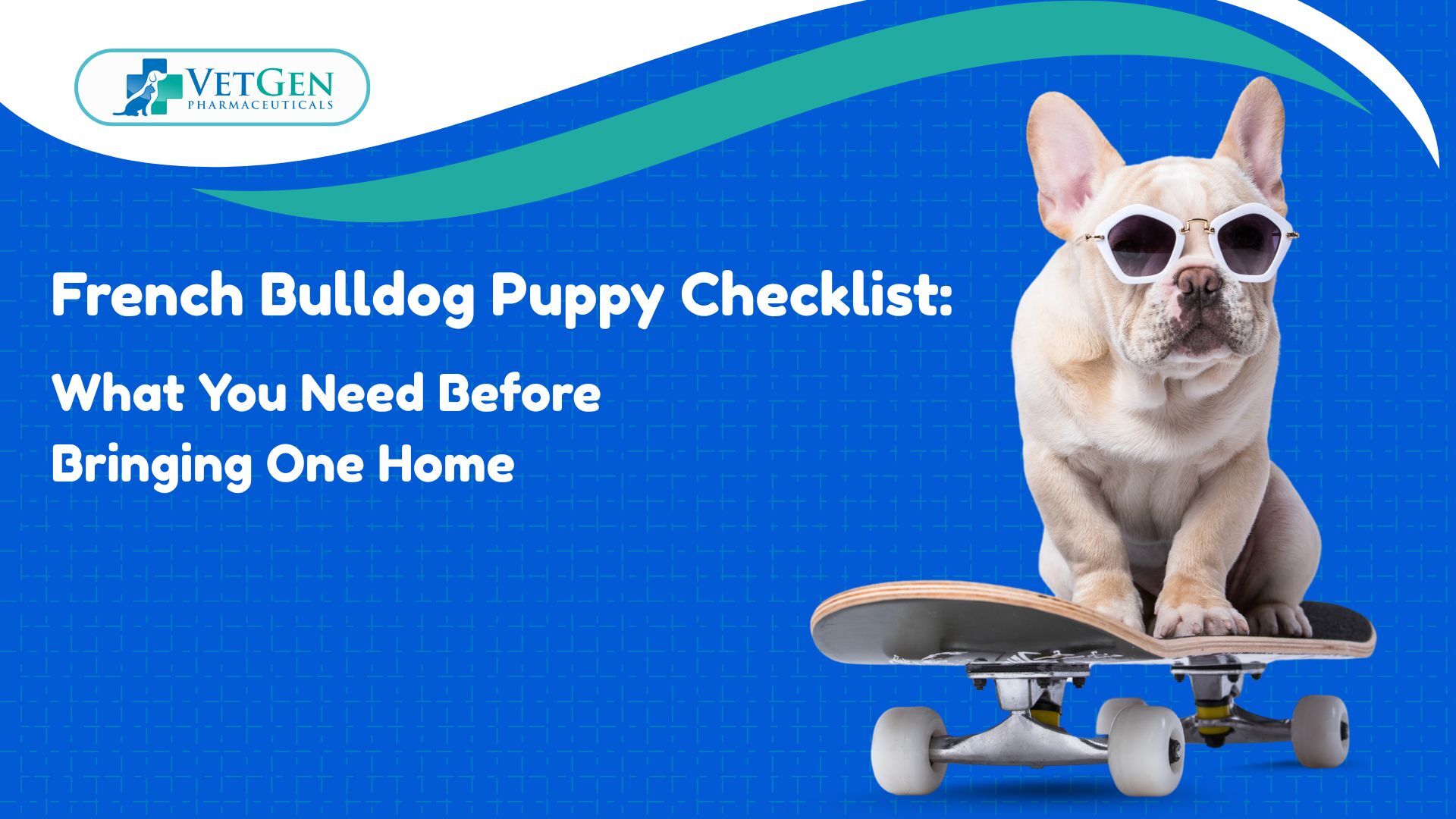A substance believed to have a positive impact on human health has been assumed to enhance the health of dogs also in a similar manner. This Cod Liver Oil contains Omega-3 fatty acids & vitamins A and D which have significant contributions to the growth of dogs.
However, adding this extract into your pet’s ration is not straightforward either. The aim is to provide an optimal dosage with minimal risk of vitamin poisoning without compromising the quality or compatibility for dogs. So, let’s explore the benefits and risk factors of using cod liver oil on our pets.
Nutritional advantages of cod liver oil for dogs
Dogs may benefit from cod liver oil because it is a reliable way of providing high amounts of omega-3 fatty acids, vitamins A&D. Here we will discuss some details about these features.
- Omega-3 Fatty Acids: They are a type of fat that dogs cannot generate by themselves and have been proven to decrease inflammation aiding in illness such as arthritis so your dog can move more freely. They also help the heart and mind especially in old dogs.
- Vitamin A is necessary for eyes, defense and skin. It has many other uses; it is used to produce a shiny skin coat and in the muscle and nervous system.
- Vitamin D: It benefits the framework of the body and how the calcium in food is controlled and distributed
Health benefits of Cod liver oil
Is cod liver oil good for dogs? Well, yes. Let’s take a look at all the health benefits:
- Supports Joint Health: Cod liver contains many omega three fatty acids which act on decreasing inflammatory responses and is reported to work on arthritis and also add flexibility to the joints. This applies better for old age dogs and except other dogs that have a similar problem of joint pains, as this provides relief that the dogs are experiencing due to the problem they have.
- Promotes Heart and Circulatory Health: According to Whole Dog Journal’s published article, Omega 3 has been found to have a positive impact on heart health because it reduces blood pressure, cholesterol level, and improves blood flow. This can lead to overall improved cardiovascular health.
- Enhances Skin and Coat Quality: COD liver contains some fatty acid very resourceful and should be fed to the skin and coat of the pet to make the pet have a well neat fur. It can also result in reduced multiple opportunities for the skin to be shielded from vulnerability to dryness since it can be of huge relief in managing conditions such as eczema.
- Boosts the Immune System: It also has vitamin A and vitamin D. These are essential nutrients for the construction of the immune system. The remaining parts, structural and balance, utilize Vitamin A to contribute some structure and balance to the diseases of the immune system vitamins and Vitamin D to be structural within the immune system vitamins.
How much cod liver oil is recommended for dogs?
Cod liver oil should be given to your dog depending on his size or weight and his general health condition. As a general guideline:
Other risks include:
- Fishy Breath or Odor
- Diarrhea or Stomach trouble
Also, read the uses of fish oil pills for your dog at Vetgen Pharmaceuticals.
- Vitamin A Toxicity: Can include fatigue, weight loss, digestive problems, and, in extreme cases, liver damage.
- Vitamin D Toxicity: Can cause bone abnormalities, muscle weakness, and other major health issues such as renal failure.

How do I choose Cod liver oil for my dog?
Before attempting to incorporate cod liver oil to your dog as a result of its many benefits on his/her general health it is essential to know the legal measures in place and the measures of safety.
- Human-grade standards: When it comes to buying cod liver oil, try to find one that says it is human grade. These products have since been subjected to more rigorous testing and so come with better qualities. This ensures that the oil has no risk of toxicity inclusive of heavy metals like mercury and other pollutants that are inherent in fish products.
- The source and method of extraction of cod liver oil can considerably impact its quality. Cold-pressed or molecularly distilled cod liver oil is better since it preserves essential ingredients while eliminating contaminants.
- Pet Food Supplement Regulations: In many areas, pet’ supplements, such as cod liver oil, are regulated to ensure their safety during animal ingestion. These regulations may prescribe labeling requirements, including nutritional information, dose guidelines, and health claims.
The Food and Drug Administration (FDA) and The Association of American Feed Control Officials (AAFCO) gives guidelines for regulating pet foods and supplements in the United States.
- Local and International criteria: Depending on where you reside, cod liver oil products may be required to meet additional local or international criteria. It’s worth looking into these to guarantee that the product you purchase is compatible.
Conclusion
It is also important to note that cod liver oil is also beneficial to your dog in many ways when taken in moderation. Supplementation should be taken with a lot of precaution to get the desired results from your pet, quality, dosage, and safety being some of the factors to consider.
Of course, the ultimate aim is to enhance the well-being of your pet and its duration of healthy life, which is why it is crucial to work with the data and advice you obtain from the veterinary sources.






